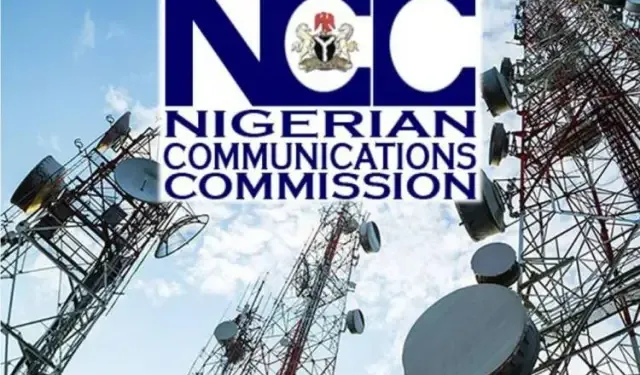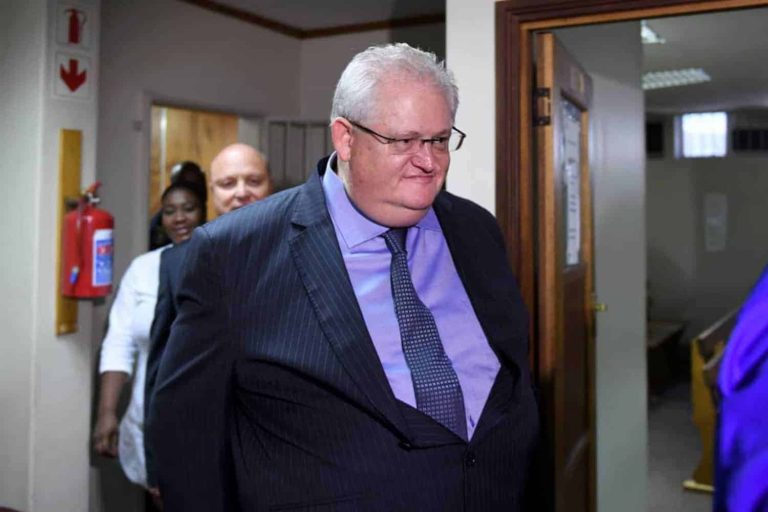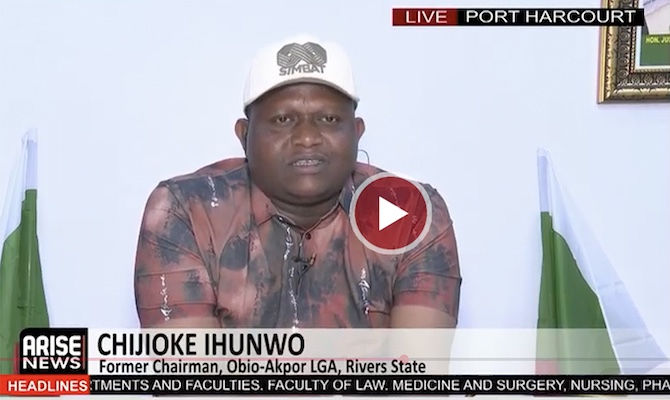
The Nigerian Communications Commission (NCC) and the Central Bank of Nigeria (CBN) have launched a joint initiative to address the growing cases of failed airtime and data transactions on electronic payment platforms such as mobile apps and USSD.
The move follows widespread complaints from telecom users who are often debited without receiving value or left with transactions marked “pending” for days or weeks.
Speaking at the 94th Telecom Consumer Parliament held in Lagos, the CBN’s Director of Consumer Protection and Inclusion, Aisha Olatinwo, said the new framework being driven by the NCC in partnership with the apex bank will ensure that customers get full value for every transaction.
“If a transaction failed, then it never started,” Olatinwo said. “We are working with the NCC to ensure that every process has a clear response code so we can identify where failures occur, hold the responsible parties accountable, and enforce sanctions where necessary.”
She stressed that the goal was to protect consumers and restore trust in digital financial transactions.
Scope of the Problem
According to the NCC’s Assistant Director, Quasim Odumbaku, a Mastercard report found that about 91% of telecom consumers in Nigeria now use electronic channels to recharge. However, between 1% and 3.6% of these transactions fail, a figure the Commission described as “significant” in a country where 98% of telecom users are prepaid customers.
“Even 1% is huge in absolute numbers,” Odumbaku noted. “Failed recharges rank as the second most common consumer complaint in the telecom sector.”
Also speaking, Managing Director of Credit Switch, Tayo Adigun, said the issue persisted largely because the sector expanded before establishing proper operational standards. He welcomed the planned Service Level Agreement (SLA) mandated by the new NCC–CBN framework, saying it would compel service providers to meet minimum reliability and customer support benchmarks.
“Many players entered the market without the technology or investment required for dependable service,” Adigun said. “Once this SLA takes effect, everyone will have to sit up.”
NCC Reaffirms Consumer Protection Mandate
In his keynote address, NCC Executive Vice Chairman, Aminu Maida, said the Telecom Consumer Parliament remains a key platform for dialogue between regulators, operators, and consumers on issues shaping Nigeria’s telecommunications landscape.
He said the Commission’s priority is to ensure improved Quality of Experience (QoE) for consumers, noting that the NCC’s oversight has evolved beyond basic Quality of Service (QoS) benchmarks to cover all consumer touchpoints across the telecom service chain.
“Consumers remain at the heart of our regulatory mandate,” Maida said. “Our goal is to ensure every Nigerian enjoys a reliable, secure, and satisfactory telecom experience.”



